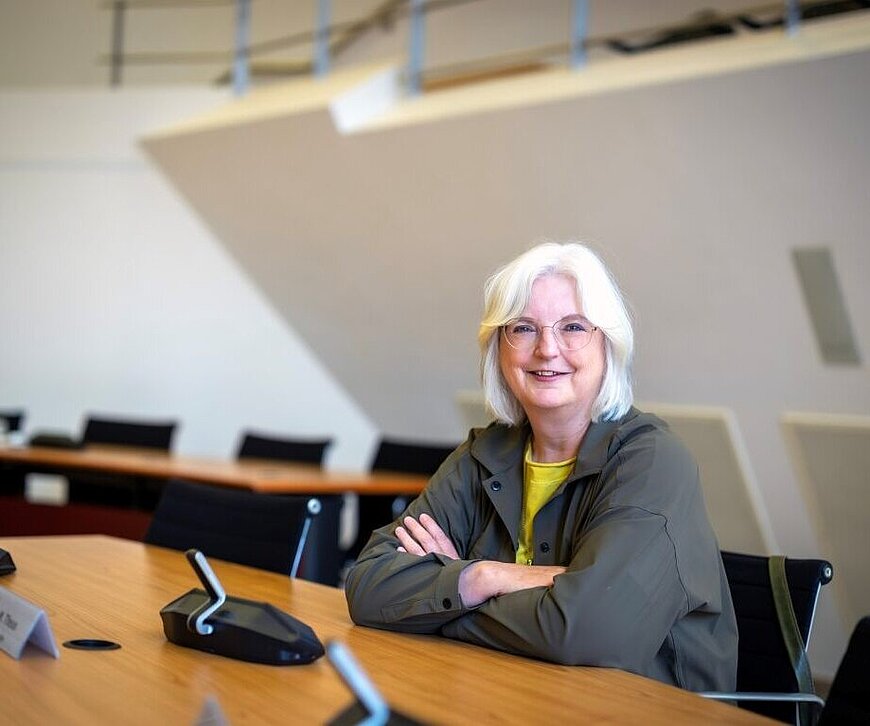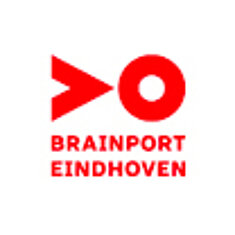‘Change cannot happen in one place’

The Brainport region is becoming increasingly international. This offers opportunities, but also places demands on childcare facilities and primary, secondary and special education. That is why local authorities, the business community and educational institutions are working together to achieve the same ambition: by 2027, the region will be organised in such a way that it can respond to the ever-changing influx of international children. How are we doing this, and where are the opportunities and challenges? Educational staff, teachers, administrators and policymakers share their insights. This time: Mieke Theus, alderwoman (with education among her responsibilities) at the municipality of Valkenswaard.
A few years ago, there was hardly any internationalisation in education in the municipality of Valkenswaard. Meanwhile, that change was already visible at the primary school in Eindhoven where Mieke Theus was head teacher at the time. Fast forward to 2025. 'As a councillor, every two years I visit childcare centres and schools together with education officials. During these visits, I notice that the theme is much more prevalent in Valkenswaard. Schools and childcare centres now more often encounter issues such as: how do I communicate effectively with international parents? And how do I tailor my approach to each family when there are so many different cultures involved?
Welcoming newcomers
“But,” she emphasises, 'internationalisation affects the municipality in so many ways beyond education. From housing and social services to our local football club. As a municipality, we benefit from the integration of newcomers. This requires us to see them and welcome them. In education, but also beyond. For example, as a municipality, we actively invite newcomers to the New Year's reception. It's a small gesture, but it has an impact.'
Biggest challenge
That broad perspective is important. Yet education is often one of the first areas to be affected when society changes. 'Just look at the war in Ukraine. One event can mean that a large group of children need newcomer education. The reverse can also happen: if it becomes safe in Ukraine, the number of children attending newcomer education will probably decrease again. How do we retain our expertise then? And can we scale up and down our support? We therefore need to ensure that we have an infrastructure that is ready for such fluctuations. I think that is the biggest challenge."
“Together we are strong”
According to the alderman, cooperation is needed to tackle such challenges. “As a former school principal, I know what it's like in a school. It also makes me extra motivated to seek cooperation and do what's best for the child.” Mieke Theus is a member of the Brainport Education Task Force, in which representatives from childcare, (special) education, the business community and municipalities discuss the internationalisation of education. “We share knowledge and expertise with each other. What's more, we are stronger together and can present a united front to central government. If we, as individual municipalities, ask for two extra classrooms, for example, we won't get very far. But if we show as a region that internationalisation creates a structural need for extra educational space, we may be able to get something moving.”
Collaboration outside the task force
Mieke Theus also seeks collaboration outside the task force. “Change cannot take place in one place. That is why I always argue that all councillors – there are three in the task force – should be connected in some way and that we should share our knowledge widely across the region.”
The Valkenswaard alderman believes that we need to look beyond education, government and the business community. 'I think it would be good, for example, if the Municipal Health Service (GGD) also joined the task force. This includes the health clinics, which play an important role in referrals to pre-school and early childhood education (extra support for toddlers and preschoolers with language delays). It would be great if international parents were more aware of this type of education.'
New energy
Although there are challenges associated with the internationalisation of education, there are also opportunities, according to the alderman. “Other cultures bring new energy. It enriches us as a region. Moreover, we desperately need internationals in the labour market.” According to Mieke Theus, we can be proud that the Brainport region is developing into the economic engine of the Netherlands. “But we must ensure that this prosperity also means something for everyone. Everyone must be able to benefit.”
Regional Implementation Agenda for Internationalisation in Education
This article is part of a series of interviews with administrators and professionals from childcare and education. They talk about what internationalisation in education means to them and how they are working on the Regional Implementation Agenda.
This agenda focuses on the opportunities offered by internationalisation in the Brainport region, but also addresses the pressure this puts on childcare and primary education. Together, we are working on an appropriate and flexible range of educational programmes for the various target groups, as well as physical educational facilities. We ensure that all children feel welcome in the Brainport region and that all children can make the most of the opportunities our region has to offer.
For more information, please contact Mieke Zijlstra, programme manager, m.zijlstra@brainportdevelopment.
Contact Mieke Zijlstra